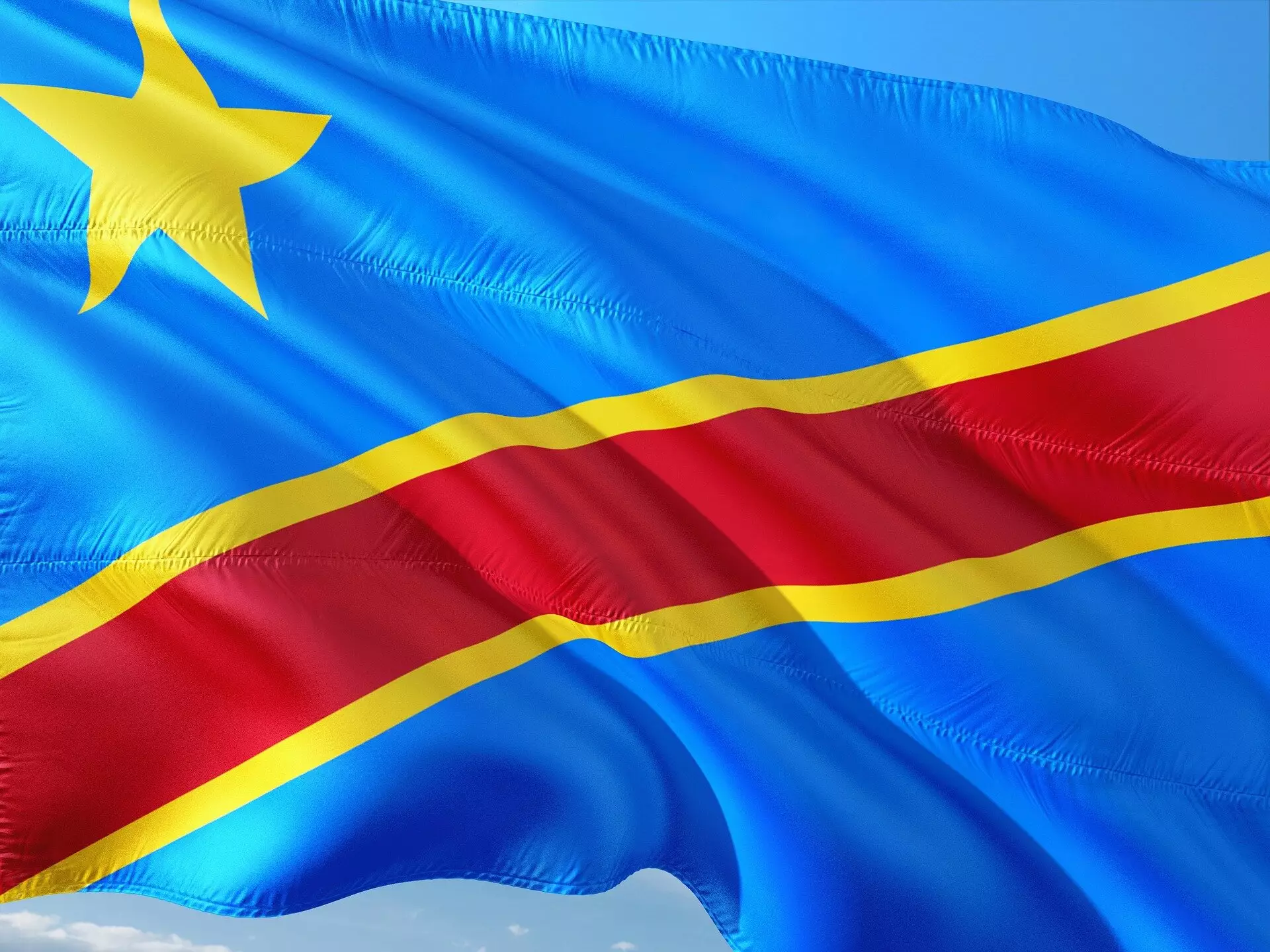The mineral-rich Democratic Republic of the Congo (DRC) is often viewed through a lens of exploitation, primarily focusing on the interests of foreign powers—namely China, the US, and Europe—as they vie for its vast mineral resources. However, a deeper examination reveals that the DRC, as the world’s leading producer of cobalt, holds substantial leverage over global cobalt markets. Cobalt, an essential metal for battery manufacturing and electric vehicles, plays a critical role in the ongoing energy transition. This article aims to explore the intricate dynamics between the DRC’s resources and its political landscape, shedding light on the local factors influencing a global industry.
Cobalt’s intrinsic value cannot be overstated in the context of modern technology. Its use in batteries not only mitigates overheating but is also crucial for the production of electric vehicles (EVs). As the world continues to pivot towards renewable energy sources, understanding the supply chain that underpins these advancements becomes increasingly vital. The DRC’s control over approximately 70% of the global cobalt supply places it in a unique position, allowing it to influence the direction of the battery and EV markets. Yet, how has this influence affected the local communities and the overall governance of the resource?
Our investigations into the DRC and its mining sectors reveal a complex governance landscape marked by regional and national political divergences. The government, represented in Kinshasa as well as in key mining areas like Kolwezi, substantially shapes mining policies that resonate across global supply chains. For example, the DRC’s suspension of exports from a major Chinese-owned mine in 2022 momentarily disrupted about 10% of global cobalt production. Such actions underscore a pivotal point: the DRC retains the power to dictate terms even in a system often perceived as dominated by Chinese interests.
However, this influence is not necessarily translating into equitable benefits for the local population. Despite the DRC’s significant mineral wealth, poverty persists, with approximately 74% of its citizens living below the poverty line. So, what happens when resource governance comes into conflict with local community livelihoods?
The contrast between national and local interests is stark, particularly when examining the conditions of artisanal miners in the DRC. Estimated at around 150,000, these miners work under perilous conditions, facing risks such as collapses and exposure to hazardous materials. Interestingly, these miners are also subjected to economic exploitation from cooperatives that command a considerable share of their incomes—often up to 50%. This exploitation continues a long-standing pattern of resource-related deprivation, echoing the historical resource pillaging during colonization.
Moreover, the exploitation surrounding cobalt mining is exacerbated by social issues such as child labor, with approximately 40,000 children subjected to dangerous working environments in artisanal mines. This stark reality raises important questions regarding the ethical implications of cobalt production and the responsibilities of global stakeholders involved in the industry.
The fundamental challenge lies not just in the extraction and export of cobalt but in structuring a relationship that prioritizes the welfare of local communities. There is a pressing need for key players in the global energy transition—especially countries like the US and China—to engage with the DRC as an equal partner, rather than a mere supplier of raw materials. This partnership should include advocating for fairer contracts, better working conditions, and sustainable development of the cobalt sector.
Efforts must be made to create localized supply chains, where value is added within the DRC itself rather than exported in raw form. Such initiatives would not only benefit local communities economically but also align with global goals of ethical sourcing and sustainability.
The transition to a clean energy future is not just a technical shift; it is profoundly political and social. As the DRC exemplifies, the local narratives surrounding resource extraction often get overshadowed by larger geopolitical narratives. To create a truly sustainable and just energy transition, it is essential to disentangle these narratives, acknowledging and prioritizing the voices and interests of those directly impacted by resource governance. Only through equitable partnerships can the ongoing energy transition benefit not just the economies of major consumers but also the communities that reside in resource-rich regions like the DRC. By recognizing these often-overlooked dynamics, policymakers, corporations, and civil society can work toward a more inclusive and sustainable future for all.


Leave a Reply